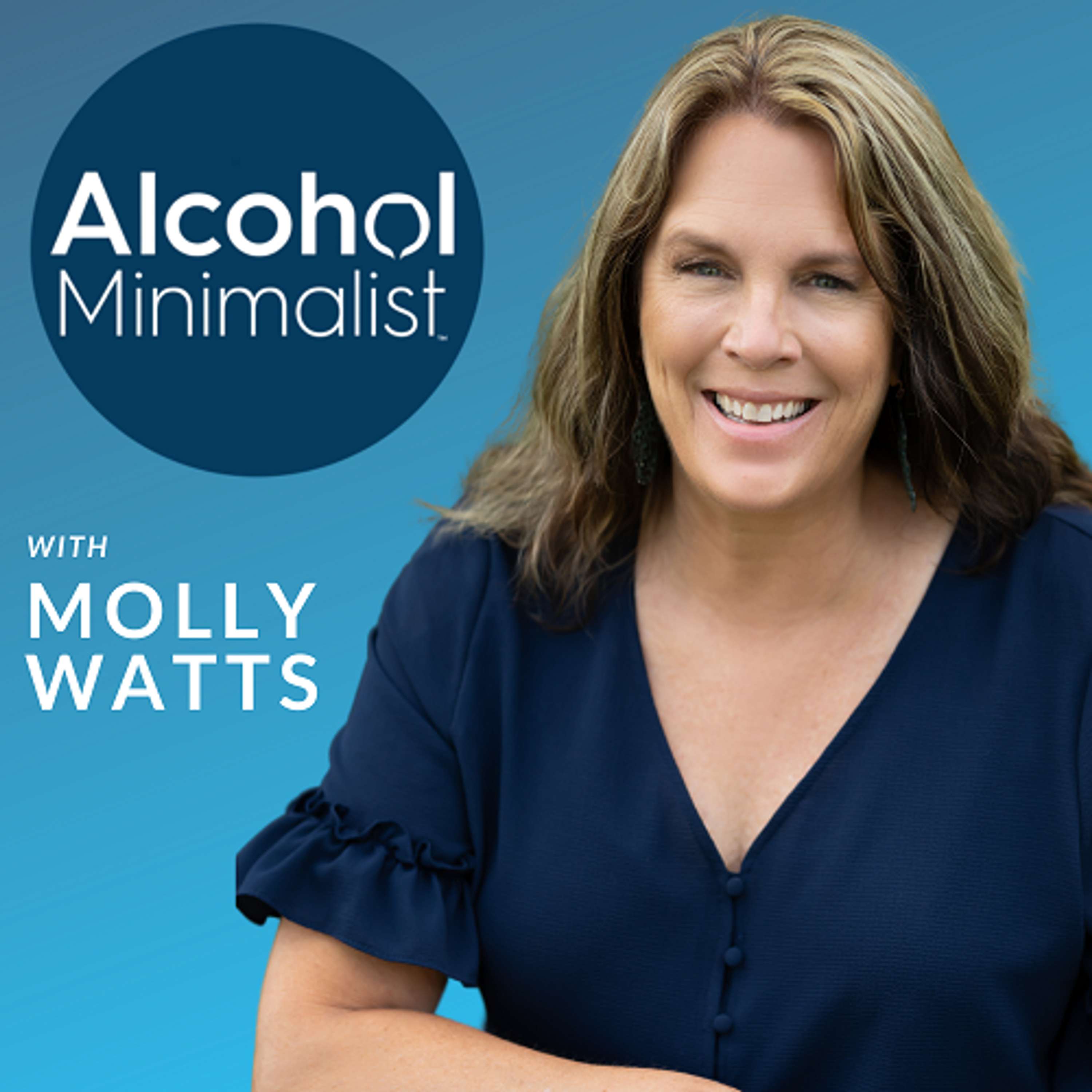
Summer Content Series: Taking Action to Change Your Drinking Habit

Alcohol Minimalist: Change Your Drinking Habits!
Shownotes Transcript
This week on the "Summer Content Series" I'm joined by my friend, fellow coach, master nutritionist and podcaster Monica Reinagel with a fantastic episode from the Change Academy. Are you someone who likes to consume content but has a hard time implementing?
Listen in as Monica talks strategy and why coaching is such a valuable tool for people who struggle with taking action. Quit living in 'intention' because the change happens with 'action'.
Learn more about **ChangeAcademy Podcast. **)****
Visit Monica at www.nutritionovereasy.com)****Check out Just START: Smart Thinking and Real Tools to Change Your Drinking Habits www.mollywatts.com/start)
Come to "How to Stop Worrying and Start Changing Your Drinking"): A Live Masterclass on Friday, August 25th. Sign up for the replay!
Join my private FB group Alcohol Minimalists here: https://www.facebook.com/groups/changeyouralcoholhabit)****
Has this podcast helped you? Please leave a review wherever you listen to podcasts!
**Follow me on Instagram: @AlcoholMinimalist **
Have you grabbed your free e-book, "Alcohol Truths: How Much is Safe?" Get it here.)****
Low risk drinking guidelines from the NIAAA:
Healthy men under 65:
No more than 4 drinks in one day and no more than 14 drinks per week.
**Healthy women (all ages) and healthy men 65 and older:**No more than 3 drinks in one day and no more than 7 drinks per week.
One drink is defined as 12 ounces of beer, 5 ounces of wine, or 1.5 ounces of 80-proof liquor. So remember that a mixed drink or full glass of wine are probably more than one drink.
Abstinence from alcoholAbstinence from alcohol is the best choice for people who take medication(s) that interact with alcohol, have health conditions that could be exacerbated by alcohol (e.g. liver disease), are pregnant or may become pregnant or have had a problem with alcohol or another substance in the past.
Benefits of “low-risk” drinkingFollowing these guidelines reduces the risk of health problems such as cancer, liver disease, reduced immunity, ulcers, sleep problems, complications of existing conditions, and more. It also reduces the risk of depression, social problems, and difficulties at school or work.
If you' are unsure about whether or not you have alcohol use disorder, please visit the NIAAA) for more information.
** ★ Support this podcast ★) **